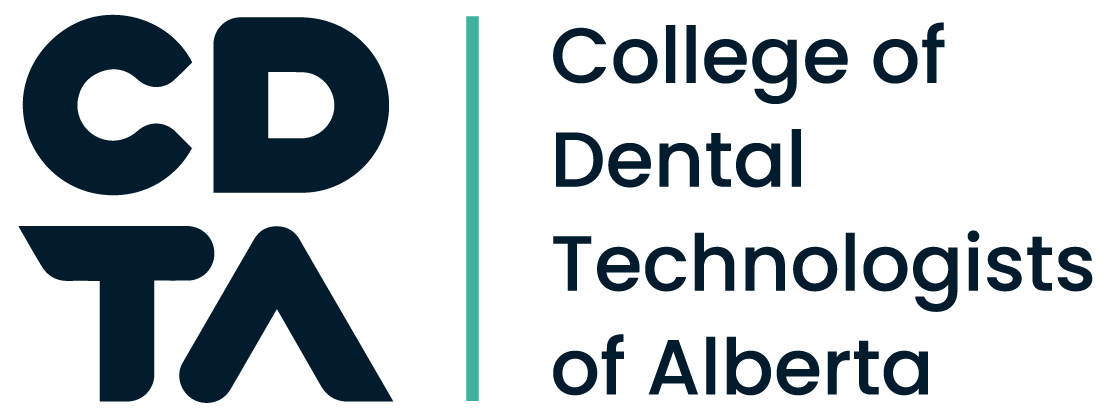Changes to Regulatory Documents
March 31, 2023
The College of Dental Technologists of Alberta (CDTA) Council and the Government of Alberta have approved amendments to the Dental Technologists Profession Regulation, which come into force on March 31, 2023.
These amendments are part of the ongoing work relating to Bill 46, the Health Statutes Amendment Act, 2020 (No. 2), which introduced changes to the Health Professions Act (HPA).
The Government of Alberta implemented Bill 46 in two phases:
- Phase 1: Focused primarily on the separation of college and association functions. The CDTA has already completed the work required by Phase 1.
- Phase 2: Affects the Dental Technologists Profession Regulation, and the CDTA's bylaws and standards of practice. In addition, the list of restricted activities will now be included in the Health Professions Act and the newly established Health Professions Restricted Activity Regulation. These final changes come into force on March 31, 2023.
Summary of Changes
Bill 46 amendments move several requirements outlined in the Dental Technologists Profession Regulation out of the regulation into the Health Professions Act, the CDTA’s bylaws, or the CDTA’s standards of practice.
Continuing competence program: Under the existing Dental Technologists Profession Regulation, all regulated members who hold an active practice permit must participate in the CDTA’s continuing competence program. The requirement to participate in the continuing competence program will not change, rather the amended Dental Technologists Profession Regulation (March 31, 2023) requires the CDTA to establish a continuing competence program standard of practice.
This change provides the CDTA with more flexibility to design, amend, and implemented the continuing competence program. Changes can be made to the continuing competence program with approval by Council, rather than through amendments to the Dental Technologists Profession Regulation that require government approval.
You can access the new resources here:
Registration requirements: The changes also provide CDTA with more flexibility in establishing how applicants and regulated members can meet certain registration requirements. Similar to the continuing competence program, this means that Council will be able to approve changes to these requirements, rather than needing approval from government.
Certain registration requirements have been moved from the Dental Technologists Profession Regulation into bylaws.
Regulatory processes: Processes that all health professions have in common are also being removed from the Dental Technologists Profession Regulation and other health professions' regulations into the HPA.
Restricted activities: The restricted activities authorized for each profession will be moved out of individual profession regulations into the new Health Professions Restricted Activity Regulation.
There are no changes to the restricted activities authorized for regulated health professions.
The CDTA’s Council has approved two new standards of practice to meet these requirements:
